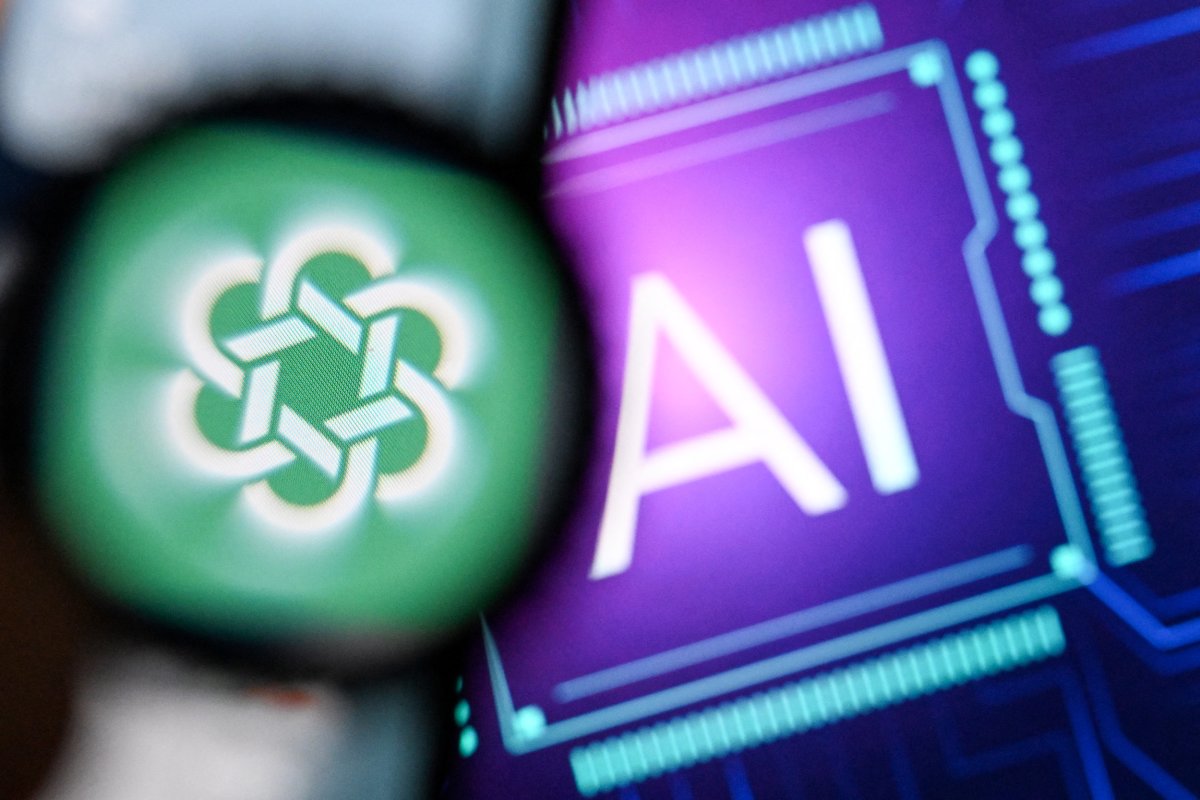The CEO of e-commerce site Klarna expressed concerns about how artificial intelligence could impact the future of work as its new AI tool takes on the jobs of 700 humans.
Launched this month and powered by OpenAI, the AI has performed more than two-thirds of Klarna's customer service chats. At the same time, Klarna says the tool has a similar customer satisfaction score and even resolves errands more efficiently, at two minutes versus the human average of 11 minutes.
At the financial level, Klarna anticipates a $40 million profit increase this year with the AI tool performing the equivalent work of 700 full-time agents.

While Sebastian Siemiatkowski, co-founder and CEO of Klarna, said the AI would lead to higher returns for investors and potentially better prices for customers, there are still many looming questions about how such an efficient AI could disrupt the workforce and society as a whole.
"We are incredibly excited about this launch, but it also underscores the profound impact on society that AI will have," Siemiatkowski said in a statement to Newsweek. "We want to reemphasize and encourage society and politicians to consider this carefully and believe a considerate, informed and steady stewardship will be critical to navigate through this transformation of our societies."
For Klarna's customers, however, they can now expect a 24/7 customer service operation for all sorts of questions, including refunds, returns and payment issues. The AI tool also features multilingual support for more than 35 languages.
Will AI Take Away More Jobs?
The biggest question many employees have regarding AI concerns their job security.
According to Viputheshwar Sitaraman, a tech consultant for several Fortune 500 companies and a Tedx talk AI speaker, artificial intelligence generally is most effective when it works in conjunction with humans.
"AI likely won't eliminate jobs as much as it will entirely change the job description," Sitaraman told Newsweek.
For engineers, that will mean less code writing and more debugging and deployments. For doctors, the initial diagnosis could come from AI, but the doctor will work with the technology to correlate symptoms with a diagnosis and treatment plans.
Lawyers, too, could see immense benefits, likely skipping the process of writing legal documents from scratch and instead revising and building upon the initial AI written contracts. It's already being seen in ChatGPT and Github Copilot today, Sitaraman said.
Still, the vast majority of AI tools are not ready to take over the roles of hundreds of human workers without any human correction, he added.
"This is why today's 'AI agents' are not yet useful to businesses because they seldom can complete a task without getting stuck or running in circles," Sitaraman said, adding they face a range of copyright and IP theft concerns.
When it comes to Klarna's AI performing the equivalent of 700 human jobs, Sitaraman is skeptical.
"'Bot' customer service tools have been around for a long time, and consumers universally find them frustrating timewasters," Sitaraman said.
Despite the current problems facing current AI technology, many leaders think the tools available to companies could quickly merge into something far more advanced.
"With generative AI, we are only at the start of an irreversible platform change," Ryan Valles, the co-founder at tech AI skill platform Interview Kickstart, told Newsweek. "This is a general purpose technology akin to electricity, and so it will bring about massive changes in both the way we work and our productivity. What we are seeing today is only the beginning."
Valles echoed Sitaraman's perspective that AI will fundamentally change jobs but more so in how workers perform the tasks before them. Those who are reluctant to embrace the new ways of work could likely become less in demand by companies, he added.
"Every working professional has a clear choice, to get AI-enabled or to risk being left behind," Valles said. "We increasingly see the world getting polarized between the AI-haves and the AI-have-nots. Disproportionate value is likely to accrue to the AI-haves."
And the changes are coming quicker than some might anticipate. A recent McKinsey report found that 70 percent of companies will adopt at least one type of AI technology by 2030.
President Joe Biden expressed his concerns around allowing AI to continue to advance with little oversight in an executive order last October.
Biden called AI the "most consequential technology of our time." He also said he anticipated Americans would see more developments in technology over the next decade than in the past 50 years.
"One thing is clear: To realize the promise of AI and avoid the risks, we need to govern this technology," Biden said. "And there's no other way around it, in my view. It must be governed."
Uncommon Knowledge
Newsweek is committed to challenging conventional wisdom and finding connections in the search for common ground.
Newsweek is committed to challenging conventional wisdom and finding connections in the search for common ground.
About the writer
Suzanne Blake is a Newsweek reporter based in New York. Her focus is reporting on consumer and social trends, spanning ... Read more
To read how Newsweek uses AI as a newsroom tool, Click here.






